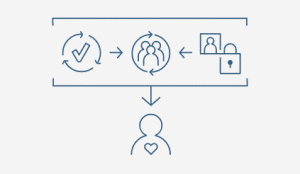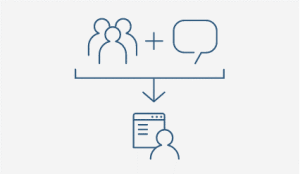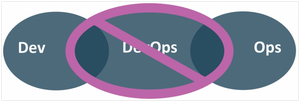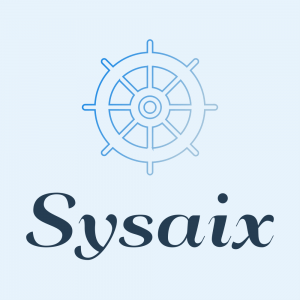In this article, I will try to explain the basic concepts of DevOps, which is a concept that has been widely heard recently and attracted attention of many institutions.Firstly,DevOps is a technology.According to IBM, DevOps is an approach that encourages close collaboration between business, development and IT operations.According to Amazon, DevOps is a combination of corporate philosophies, applications and tools that enhance the ability to quickly deliver applications and services.On the other hand, DevOps is an institutional capacity / competency that provides continuous delivery, continuous deployment and continuous monitoring of applications.DevOps brings together development, operation and even testing to improve agility.Amazon and IBM resources have stated that development and operations teams are abstracted from each other, especially before DevOps.
Key Features
-
Developers, test and operations experts work collaboratively using shared DevOps tools
-
It facilitates continuous monitoring of software delivery, development, integration and staging environments from the very end to the end.
-
Tools facilitate release management, infrastructure processes, automation, virtualization and monitoring.
-
Corrects target and resource placement errors by zooming in on the link between developers and operations specialists.
- It combines customer feedback with development processes to improve remediation and fault fast response.
Benefits

a-)Speed
DevOps model developers and operations teams, along with their ability to move at high speed; enable them to produce faster solutions to customers, better adapt to changing markets, and increase the efficiency in business processes.

b-)Quick Delivery
By increasing the frequency and speed of releases, you can accelerate the improvement process of your product.New features include increased time to new distributions and resolve errors.Continuous integration and continuous delivery automates the distribution process from build to deployment.

c-)Reliability
You can deliver reliably by guaranteeing the quality of application updates and infrastructure changes.By using processes such as continuous integration and continuous delivery, you can test that each change is safe and functional.You can be aware of real-time performance with monitoring and instant logging processes.

d-) Scale
It helps you manage automation and continuity, complexity and system changes effectively.

e-)Improved Collaboration
You can build more effective teams under a DevOps cultural model.This allows you to highlight values such as ownership and accountability.Development and operation teams can share responsibilities in close cooperation, and can combine the business processes of each other.So you can save inefficiency and save time.

f-) Security
You can move quickly by providing control and maintaining compliance. You can adapt the DevOps model without sacrificing security.
Why Devops?

a-)Continuous Test
It is ensured that the innovations / differences resulting from the developments are stable and reliable.

b-)Continuous Delivery
It automates software delivery processes and allows innovations to reduce wasted effort.

c-)Continuous Monitoring
It ensures that the performance and status of existing processes are constantly monitored.
Especially DevOps is not a combination of Developer and Operation concepts.

It is not a project type or a concept that can be projected. A new project is not taken into the life cycle.

It does not mean getting new technologies.

The DevOps model / approach specifically recommends that all processes be in a pipeline. We can think of it as a culture and an approach to be learned.









